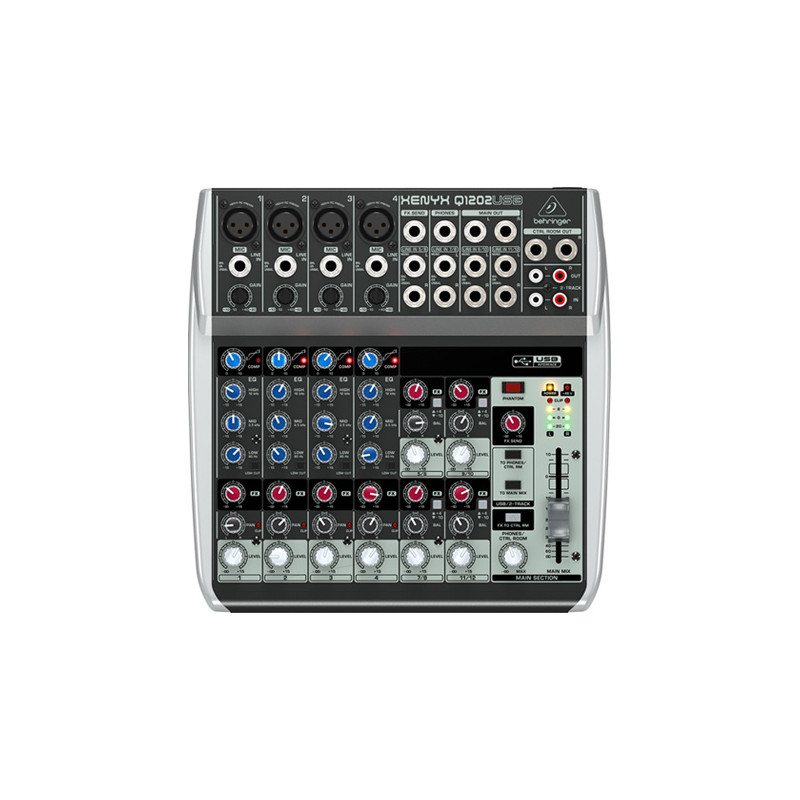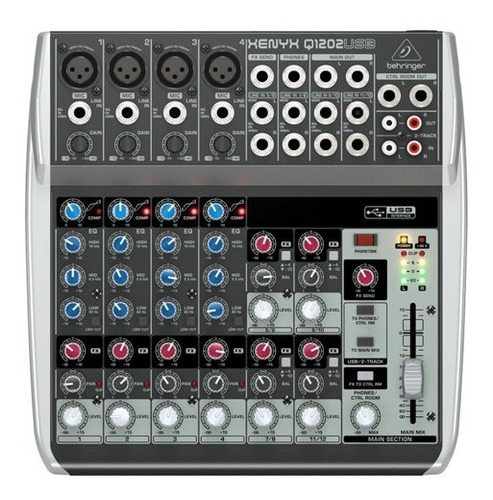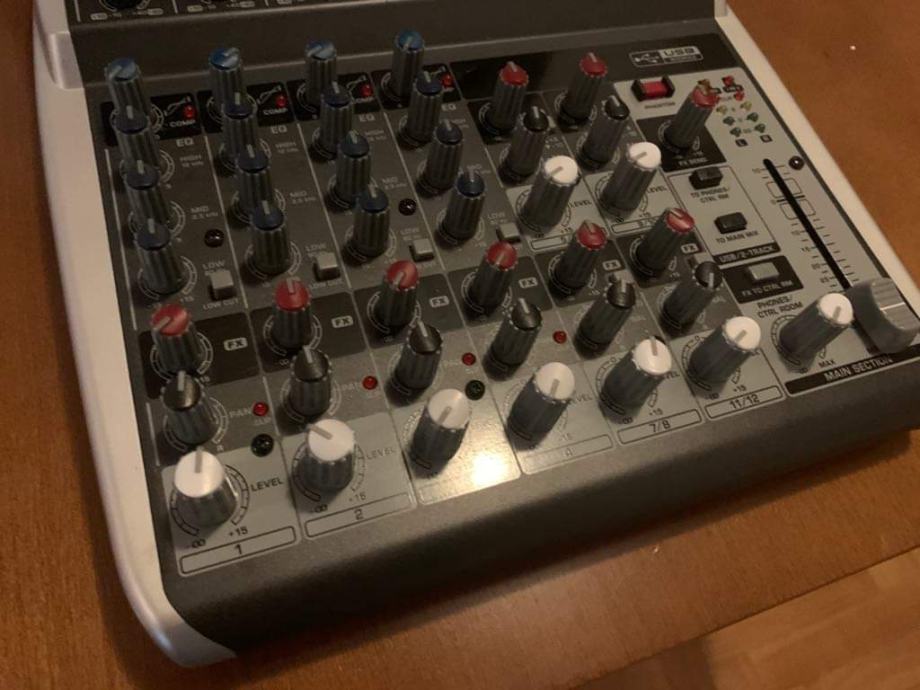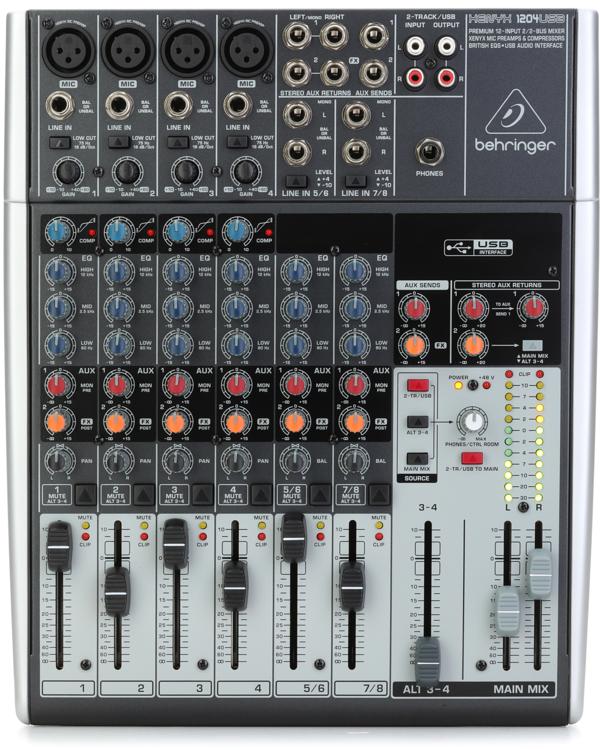


I have updated to Win10, which in general is running much smoother.

Most synth was "no go" without rendering first, but otherwise I was satisfied (if I want do something with recorded results I use different PC in another room). I was using that with XP running on (I know what you will think.) Atom based HTPC. The noise level is definitively lower then from build-in Realtek (which I have connected to the mixer once). All that has quite low quality, but it is in balance with the quality of sounds I produce on all instruments (may be except piano.). And with computer I can record/play something to/from sonar. Unlike audio interface, all that working without computer. But small Xenyx with USB is cheapest "all in one solution" for home hobbyist like me, for example QX1202 with 4 pre-amps, several line ins and USB interface is the only device I could find under 100 euro to connect e-drums, Live Play GTX (for guitar and voice), extra mics if required. Well, BCF2000 is not an audio device and not every Xenyx has USB audio interface. Original drivers (64bit one is BEHRINGER_2902_X64_2.8.40.zip) are zip archives and they are less then 1MB in size! What is going on with Behringer? The only guess I have: the drivers are signed by company with other name (I do not remember which), so can it be license issue? On most driver download sites, you get some ".exe" file which is more than 2MB in size. One Behringer supporter claims in the forum there are no such drivers! WARINING: these drivers are hard to find. At some "unlucky" moment, they have completely disappeared from Behringer Downloads and replaced with ASIO4ALL. But they was (and still are) working on all Windows incarnations (32/64bit, from XP up to Windows 10).

These drivers had some strangeness: they was not really utra low in latency, ASIO buffer size was affecting WDM (system) sounds and ASIO mode was not blocking system sounds. They was also advertised as "Ultra low latency". Low end Behrigner devices (audio interfaces, Xenyx mixers) used to have Behringer custom drivers (WDM and ASIO).


 0 kommentar(er)
0 kommentar(er)
